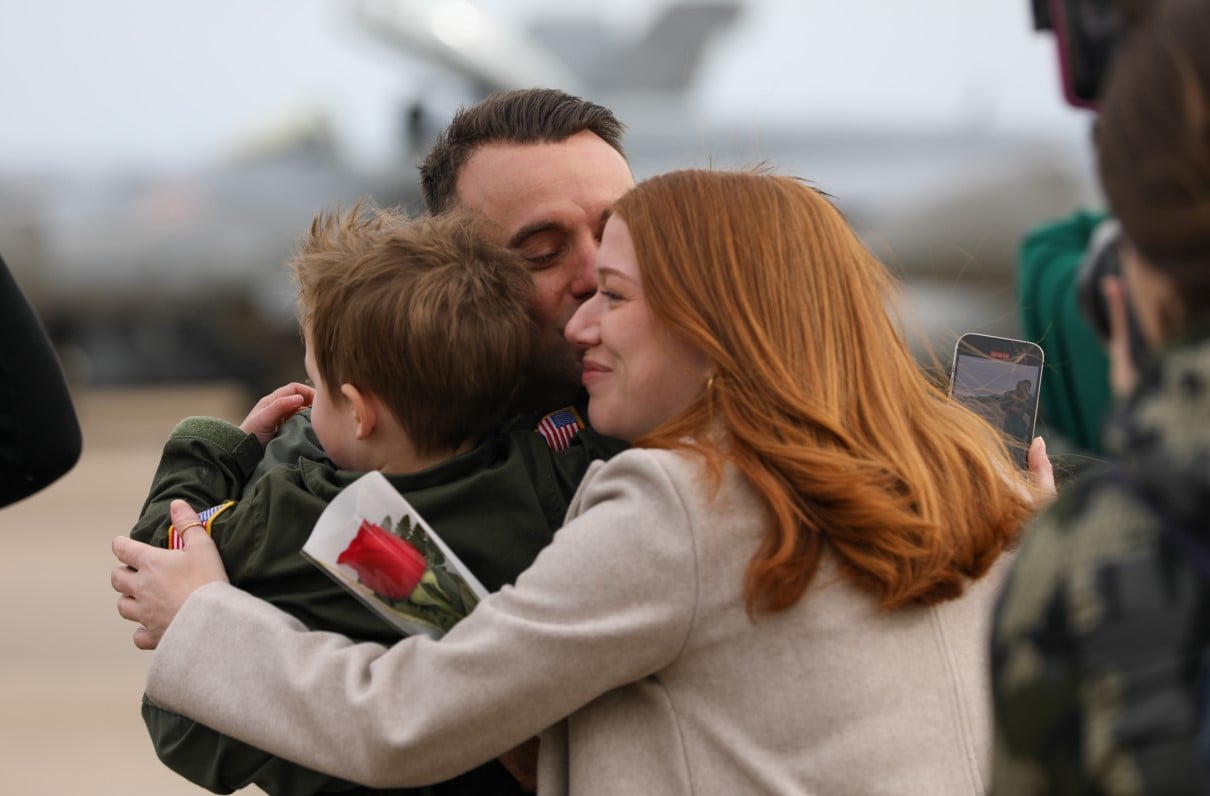The proportion of active duty family respondents likely to recommend service fell from 55% in 2016 to just 32% in 2023, according to Blue Star Families’ Military Family Lifestyle Survey (MFLS). Results from more than 7,400 respondents highlight the link between quality of life issues and this double-digit drop.
Over the last several months, MOAA has engaged with a House Armed Services Committee panel focused on addressing quality of life issues among servicemembers and their families. The MFLS findings reinforce the necessity of many of the legislative recommendations we’ve brought to the new panel and inform MOAA’s advocacy efforts on behalf of the Guard and Reserve communities, veterans, and their families.
[ACT NOW: Urge Lawmakers to Improve Quality of Life for Servicemembers]
Key survey findings include:
- Out-of-pocket housing costs are a top contributing factor to financial stress; 70% of respondents renting civilian housing are paying more than $200 a month on top of their housing allowance.
- Military spouse employment is a top concern not only for active duty families, but also for veteran families, indicating career challenges during military life impact spouses beyond the transition out of service.
- Timely access to specialty health care, including mental health resources, remains a challenge.
- 1 in 4 enlisted families struggle with food insecurity, yet more than half of active duty respondents are unaware of the Basic Needs Allowance (BNA) and just 3% have applied for the program.
- Time away from families continues to be the top concern for Guard and Reserve families, along with the impact of deployments on the family.
- More than half of non-retired veteran respondents self-identified as “unprepared” for the transition to civilian life.
These issues directly impact the willingness of a military family to recommend service. As quality of life has declined, so have recommendations from military families to civilians considering a life in service.
MOAA’s recommendations:
- Restore the Basic Allowance for Housing to 100% of estimated rental and utility costs.
- Pass the Military Spouse Hiring Act and the READINESS Act, and improve tracking of military spouse employment.
- Expand TRICARE qualifying life events to allow beneficiaries to access care where it is available, and pass the MOMS Act to improve access to perinatal mental health care.
- Exclude BAH from the BNA eligibility calculation.
- Review the consumer protections and rights provided by the Servicemembers Civil Relief Act (SCRA) and Uniformed Services Employment and Reemployment Rights Act (USERRA) to protect Guard and Reserve members.
- Ensure transitioning servicemembers are afforded the time and opportunity to prepare for civilian life.
[JOIN OUR ADVOCACY EFFORTS: Visit MOAA’s Legislative Action Center]
Military families can assist the services as they struggle to meet recruiting goals. The nation’s commitment to an all-volunteer force means enhancing the well-being of military families is a matter of national security. The MFLS underscores how quality of life challenges impact military families’ inclination to endorse military service.
MOAA looks forward to reviewing the report from the quality of life panel and working with Congress and DoD to solve these persistent issues. Get engaged, contact your lawmakers today, and urge them to improve quality of life for our servicemembers and their families.
Support Military Spouses
Donate to The MOAA Foundation and support MOAA’s efforts to help military spouses in their career journeys.

